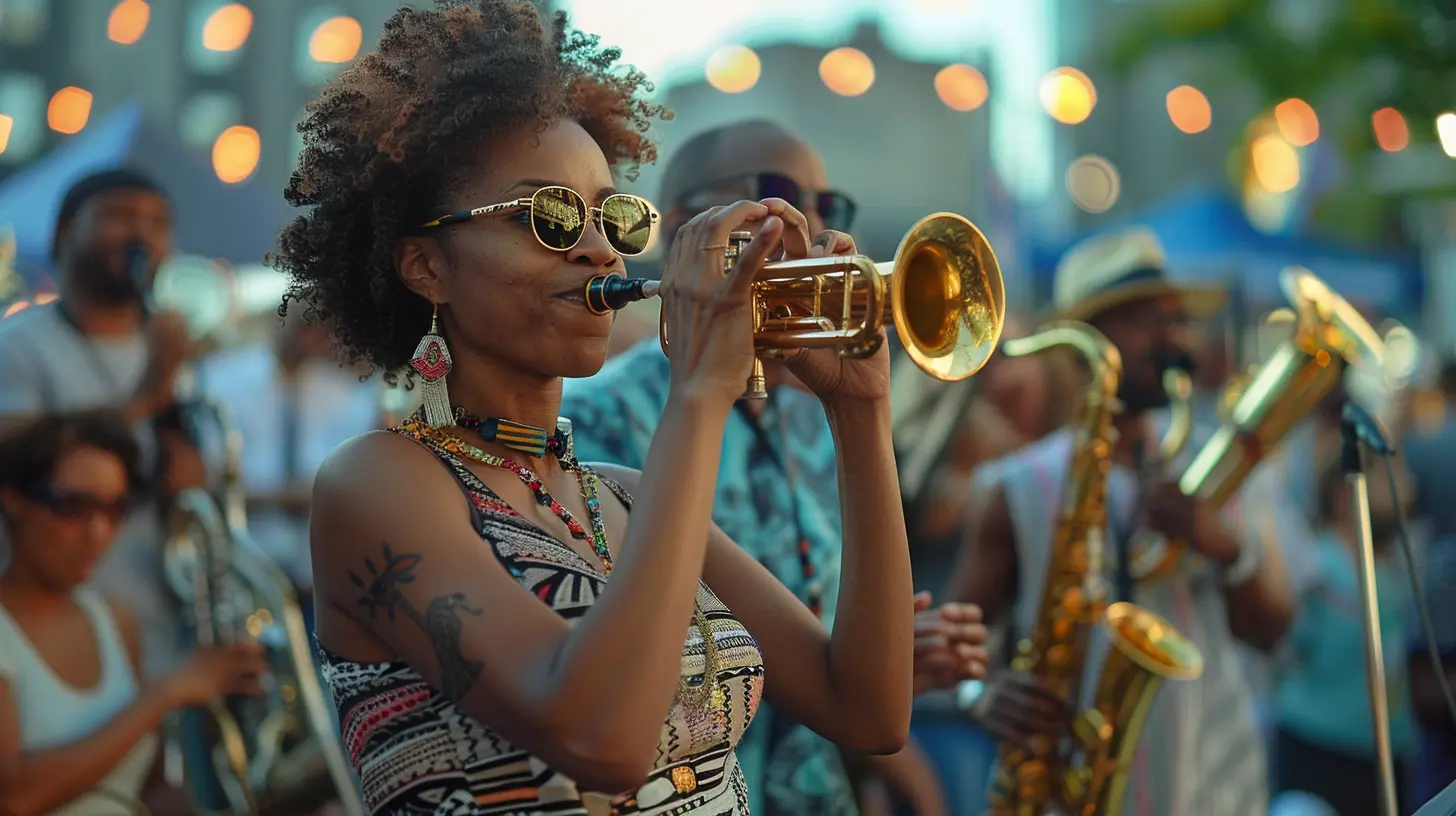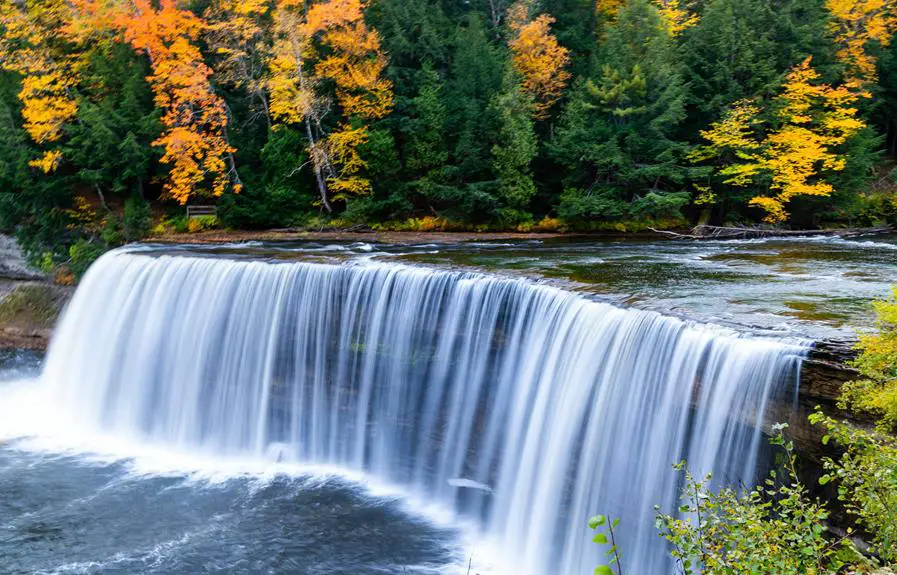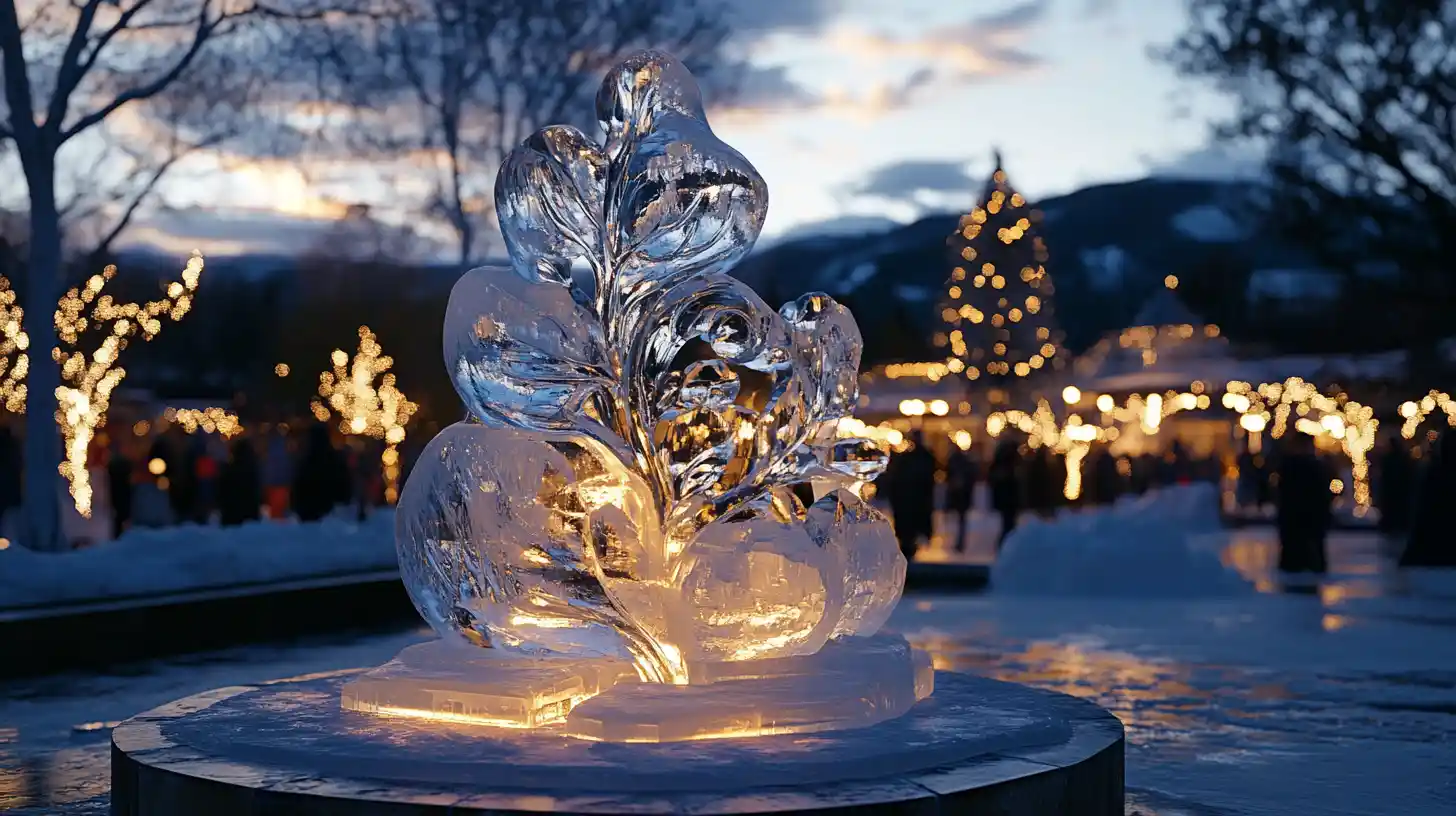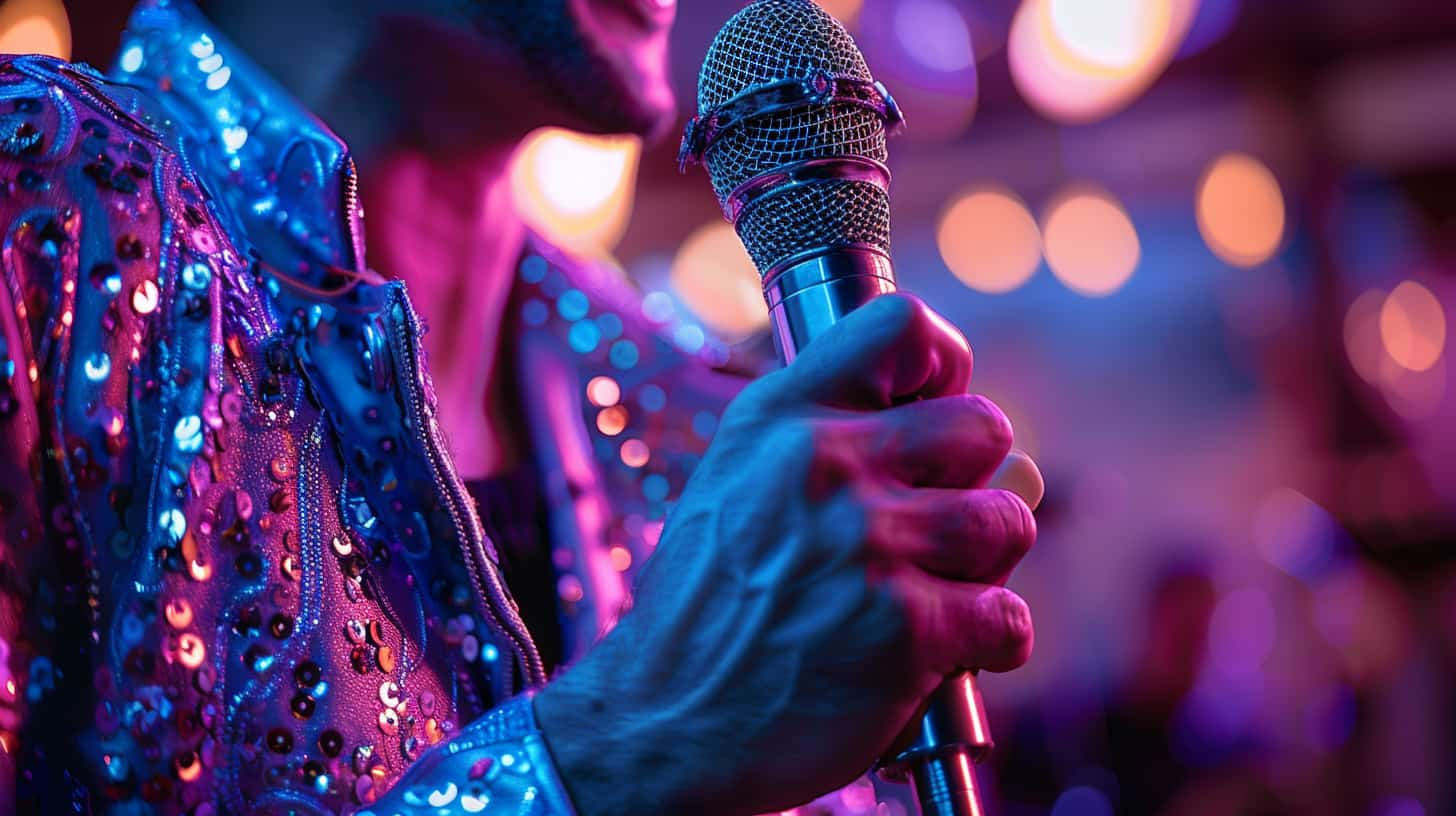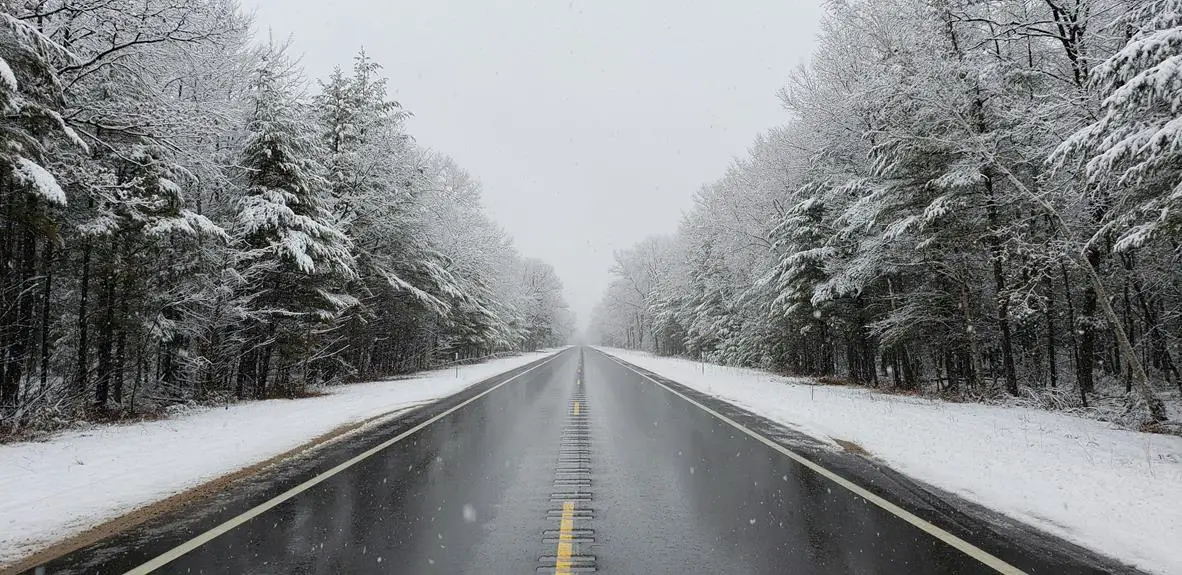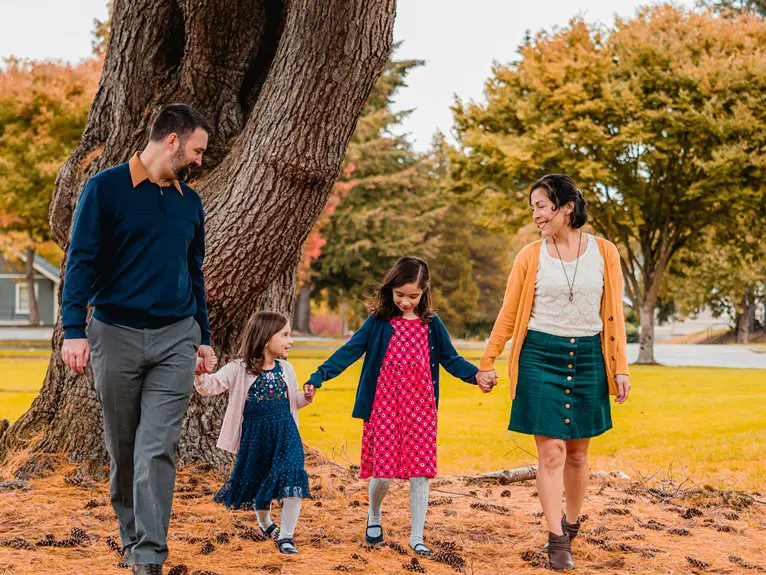The vibrant tapestry of Michigan’s local festivals is woven with threads of tradition, community spirit, and cultural diversity, providing a dynamic portrayal of the state’s rich history and heritage. From historical reenactments and culinary extravaganzas to music festivals and lesser-known hidden gems, these events serve as living diary entries that chronicle the evolving story of Michigan across centuries. They represent more than just a reason to celebrate; they reflect profound aspects of society, including economic impact, tourism, local identity, and adaptation in the face of societal shifts and global trends. This examination of Michigan’s local festivals promises to take you on a journey that dips into the past, dances in the present, and projects into the future, unraveling the intricate puzzle of what makes these festivals the lifeblood of the Wolverine State.
History of Michigan’s Local Festivals
Origin and Evolution of Michigan’s Local Festivals
Michigan, a US state found in the Great Lakes region, is rich in cultural heritage and diverse traditions. Local festivals in Michigan offer a mirror on this heritage, tracing a history that blends indigenous culture with influences from its French and British colonizers, and later a mix of many European and African cultures.
One of the most significant festivals has been the Holland Tulip Festival. Its inception dates back to 1929, and it reflects the cultural input of Dutch immigrants who settled in the area. The festival traditionally occurs in May, showcasing millions of tulips in bloom and also features Dutch dance performances, parades, and an artisan market. The tradition has been sustained over the years and has gained national recognition.
Another historically significant festival is the North American International Auto Show. First held in 1907, this event reflects Detroit’s historical moniker as the ‘Motor City’. The festival attracts car enthusiasts from around the globe in January each year to appreciate the latest in automotive technology and design.
Indigenous Influence on Michigan Local Festivals
Michigan’s local festivals also pay respect to the state’s indigenous history. The “Ziibiwing Center of Anishinaabe Culture & Lifeways” in Mount Pleasant, Michigan often hosts the annual Saginaw Chippewa Tribal National Pow Wow. This important event showcases the heritage of the Anishinaabe people of the Great Lakes region, featuring traditional dancing, singing, and a variety of tribal arts and crafts.
Food Influence on Michigan’s Local Festivals
Due to its diverse culture and rich agriculture, many of Michigan’s festivals are also centered around food. The National Cherry Festival held in Traverse City is a notable example. Known as the Cherry Capital of the World, Traverse City has celebrated this festival since 1925. The festival was initiated to promote tourism and celebrate the cherry harvest. Today, it draws more than 500,000 visitors each year.
Michigan also celebrates the Pasty Fest, paying homage to the deep-seated influence of Cornish miners who introduced pasties to the Upper Peninsula in the 1800s. The festival involves a parade, pasty-making contests, and a pasty-themed song and dance.
Musical History Reflected in Michigan’s Local Festivals
Michigan’s musical history is well-represented in its festivals. The Detroit Jazz Festival, operational since 1980, has grown into the world’s largest free jazz festival. Similarly, the Ann Arbor Folk Festival and the Detroit Electronic Music Festival pay homage to the diversity of Michigan’s music scene.
Michigan’s vibrant and varied local festivals echo the state’s rich cultural past. These celebrations pay tribute to historical influences and adapt with each passing year, attracting not just national, but international participation and recognition.

The Most Celebrated Festivals
Michigan Cherry Festival
Located in Traverse City, the Michigan Cherry Festival is a celebration of the state’s long-standing tradition of cherry harvesting. Every July, the week-long festival unfolds, featuring events such as the Cherry Royale Parade, cherry pie eating contests, and an array of family-friendly games and rides. Visitors can indulge in an assortment of award-winning cherry products like pies, jams, and wines – all available to sample and purchase.
Detroit Jazz Festival
Billed as one of the largest free jazz festivals in the world, the Detroit Jazz Festival takes place every Labor Day weekend. The festival attracts hundreds of international jazz artists who perform on multiple stages across several city blocks in downtown Detroit. Alongside the music, attendees can enjoy a range of local cuisine and artwork from Detroit’s vibrant artist community, offering a full package of cultural immersion.
ArtPrize Grand Rapids
ArtPrize in Grand Rapids is a radically open international art competition decided by public vote and expert jury. This 19-day educational event in Fall attracts artists from around the globe and transforms the city into a gigantic, interactive gallery. The public can directly engage with the art through voting and determining the winners among various categories.
Mackinac Island Lilac Festival
For ten days every June, Mackinac Island is in full bloom for the Lilac Festival. Not only does the festival showcase the island’s numerous varieties of lilacs, but it also offers concerts, wine tastings, horse-drawn carriage tours, and the iconic Grand Parade. A general ambiance of early summer makes this event magical and unforgettable.
Tulip Time Festival, Holland
This is a multi-day festival held every May, celebrated in Holland, Michigan. A salute to the area’s Dutch heritage, this festival provides a colorful spectacle of millions of tulips in full bloom throughout the city. The Tulip Time includes Dutch dancing performances, art fairs, parades, and a traditional Dutch market.
Cheeseburger in Caseville Festival
This ten-day festival held annually in mid-August pays homage to Jimmy Buffett’s song “Cheeseburger in Paradise.” The event encompasses beach parties, parades, and concerts. A wide variety of cheeseburgers and toppings are on offer during the festival, making it a must-visit for food enthusiasts looking for a fun time.
National Morel Mushroom Festival, Boyne City
All are welcome to this family-friendly event in Boyne City held in mid-May. Highlighting Michigan’s state mushroom, the Morel, the festival includes mushroom hunting, cooking demos, tasting events, and a craft show. The combination of nature, food, and community creates an earthy festival experience.
Diving into the Heart of Michigan through Local Festivals
With a vibrant mixture of tradition, community spirit, and unique local attractions, Michigan’s festivals serve as a window into the state’s rich cultural and agricultural heritage. Each event paints its own picture, filling the air with the sweet aroma of blooming lilacs, the rhythm of smooth jazz, or a burst of vibrant tulip colors. Participating in these local celebrations provides a remarkable journey through Michigan’s diverse cultural landscape.

The Impact of Festivals on Local Communities
Boosting the Local Economy through Michigan’s Festivals
These local celebrations are not only cultural gatherings, but they also act as an economic engine for Michigan, supporting local businesses and creating employment opportunities. Each festival – be it centered around art, music, food, drink, or cultural themes – draws crowds from all over the country, pumping life into the local economy.
These Michigan food and beer festivals are held throughout the state and offer tremendous advantages state-wide. The surge in visitors during these events translates into increased revenue for local establishments such as restaurants, hotels, and artisanal shops. As evidenced by a local shop owner, sales tend to triple during the festive seasons.
Beyond this, the state reaps financial benefits through vendor registration fees, sponsorship drives, and advertising campaigns. Municipal statistics also illustrate a tangible uptick in local income and sales tax collection during these festival periods, further emphasizing the integral role these celebrations play in Michigan’s economic health.
Impact on Tourism
Festivals in Michigan are major attractions for tourists. Events like the National Cherry Festival in Traverse City, the Detroit Jazz Festival, the Tulip Time Festival in Holland, among others, have put Michigan on the global tourism map.
These festivals offer unique experiences that attract tourists seeking authentic cultural experiences. The National Cherry Festival, for instance, reported attendance of over half a million attendees in recent years, significantly amplifying tourism in the Traverse City area. Similarly, ArtPrize, an open, independently organized international art competition in downtown Grand Rapids, brings in approximately 500,000 visitors every year.
These tourist visits contribute significantly to the state’s tourism income, adding to the economic sustainability and development of these local areas.
Festival and Community Identity
Michigan festivals are more than just economic stimulants and tourism boosters. They help nurture a sense of identity among local communities. The festivals are often celebrations of local traditions, histories, or specialties that distinguish the communities. For instance, the National Cherry Festival in Traverse City, one of the largest producers of tart cherries in the United States, is a celebration of its cherry heritage.
According to a local resident in Holland, the annual Tulip Time Festival, a celebration of the city’s Dutch heritage, is something that brings the entire community together while inviting others to learn and appreciate their culture and traditions.
The festivals also offer residents a platform for interaction, thereby strengthening community bonds. They encourage community participation and volunteerism, as many local residents contribute to the organization and success of these events.
In the realm of local events, Michigan stands out with its multitude of festivals. These events infuse the economy with increased activity, stimulate tourism, and help to build a cohesive community identity. Local festivals play a pivotal role in not only fostering community spirit and bond but also in driving local economies and contributing significantly to the development and progression of the area.

The Hidden Gems: Lesser-Known Festivals
Spotlight on Boyne City: The National Morel Mushroom Festival
Celebrated annually in Boyne City, Michigan, The National Morel Mushroom Festival is a unique and engaging event. Typically taking place in the first half of May, it attracts mushroom aficionados from nationwide. With an exciting array of activities including mushroom hunting, tastings, seminars, and a resplendent feast, this festival is a delight for the senses. Though it might not be as famous as some of Michigan’s other festivals, it has a charm of its own owing to its niche focus on the Morel mushroom.
Hidden Gem: The Mackinac Island Lilac Festival
June in Michigan features the Mackinac Island Lilac Festival, a 10-day celebration of the island’s historic lilac collections. The festival’s lower recognition might be due to its remote island location. However, those who make the journey will experience lilac-themed events, including a parade, concerts, wine tastings, and the special “A Taste of Mackinac” culinary event. Visitors can also enjoy walking tours to see the island’s lilacs, which are considered to be the most extensive and best-preserved collection in the country.
Hidden Gem: The Alpena Blues Festival
The Alpena Blues Festival, held annually in June, provides a stage for talented blues musicians while raising funds for the local community. Its low profile could be chalked up to the smaller size of Alpena city and a relatively under-the-radar music genre. In spite of this, the festival draws in a dedicated crowd and delivers quality music performances.
Hidden Gem: Art & Apples Festival in Rochester
The Art & Apples Festival is a little-known festival held annually in Rochester, Michigan. As one of the nation’s top fine art fairs, the event showcases various types of artwork from hundreds of artists across the country. Its lesser prominence might be due to the intimidating assumption of high art being inaccessible. However, the festival is a community-based event that encourages attendees to interact with the artists, enjoy local apple treats, and take part in family activities.
Hidden Gem: The Michigan Ice Fest
The Michigan Ice Fest, held each winter in Munising, shines light on ice climbing – an unusual and niche sport. The Ice Fest presents attendees with a mix of practical instruction, gear demonstrations, and social events. Its obscurity could be attributed to the sport’s exclusivity and the weather-dependent nature of the event.
Each and every one of Michigan’s local festivals promises its own uniquely enjoyable experience. They offer fun-filled explorations of the state’s delightful local culture and enchanting charm. Despite being off the beaten path, these lesser-known events deserve a spotlight, providing a taste of Michigan that goes beyond mainstream vistas.

Photo by jonmsailer on Unsplash
Future of Michigan’s Local Festivals
Navigating Through Challenging Times: How COVID-19 Has Reshaped Michigan’s Local Festivals
The ongoing COVID-19 pandemic has necessitated a rethinking of how Michigan’s signature local events are conducted. Faced with a global health crisis, many festivals were either forced into postponement or outright cancellation in 2020 and 2021. Nonetheless, as we navigate these uncertain times, festival organizers are displaying remarkable resilience and creativity. Purpose-driven adaptations to secure these community events are being devised and implemented, encompassing strategies such as social distancing protocols, compulsory vaccination or testing for attendees, and virtual or hybrid event formats.
Take for example, the Traverse City Film Festival. This celebrated event made a successful pivot to a drive-in model during 2021. In this innovative configuration, films were screened in an open-air setting, with attendees experiencing the magic right from inside their vehicles. There were certainly hurdles to overcome, including unpredictable weather. However, the general consensus among festival-goers and organizers alike was one of positivity, praising the unconventional yet effective approach that managed to uphold the festival vibe despite the ongoing pandemic limitations.
Potential Changes and Improvements
Moving forward, Michigan’s festival sector can expect to see a significant evolution. Primarily, the pandemic has highlighted the benefits of digitalization for events. The potential for a shift to online or hybrid models is considerable, offering expanded accessibility and potential for audience expansion beyond local geographic boundaries.
For example, Detroit’s Movement Music Festival, renowned for showcasing electronic music, offered free streaming in 2020. This not only allowed the festival to proceed amidst the pandemic but also enabled global audience participation, thereby heightening the event’s international profile. Proposed changes for future festivals may thus include digital elements even after the pandemic, fostering greater inclusivity and reach.
The Future: Toward Resiliency and Innovation
As Michigan’s festival organizers look to the future, a key theme that emerges is resilience. Despite the challenges of the pandemic, the sector has displayed remarkable creativity and adaptability. Many believe this spirit of resilience will shape Michigan’s future local festivals.
Local community leaders also anticipate a heightened focus on inclusivity and community engagement, building stronger local festival experiences. There’s also an understanding that health and safety will likely hold a more significant place in festival planning post-pandemic. Proposed concepts include the incorporation of health and wellness activities in festival lineups, and the continuing use of tech-based solutions like apps for seamless health checks and contactless payments.
Incorporating Diverse Voices: Opinions on the Future
Festival organizers and community leaders are overwhelmingly confident about the future of Michigan’s local festivals. John Riley, a long-time organizer for Ann Arbor’s Summer Festival, believes that these events will come back stronger and more diversified. Similarly, Robin Bailey, executive director of the Michigan Festival and Events Association, emphasizes the sector’s commitment to public safety and community wellness.
While the future is yet to be written, Michigan’s local festivals show promising signs of resilience, even as they navigate the challenges brought about by the COVID-19 pandemic. Through innovation, community spirit, and a dedicated commitment to health and safety, these beloved celebrations are set to build an exciting and inclusive future.

As we immerse ourselves in the fascinating tapestry of Michigan’s festivals, it becomes evident that these celebrations are more than momentary enjoyments, they are an integral part of the state’s cultural DNA. They make an indelible impact on local communities, creating a robust economy, fostering tourism, and defining a unique Michigan identity. The unknown gems of festivals in Michigan, while not as famous, provide enriching alternatives and showcase the state’s diversity. Amidst the challenges and changes of the future lie untapped opportunities for these festivals to evolve, to redefine their significance, and to ensure their survival. These vibrant manifestations of heritage, tradition, and community spirit will continue to beat at the heart of Michigan, playing their part in shaping the state’s narrative for generations to come.
